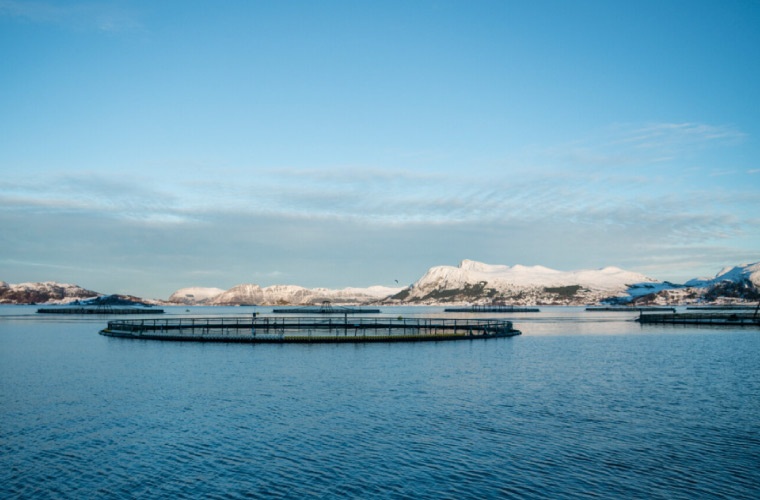
As aquaculture become better known to the public, two contrasting trends are emerging. On one hand, social acceptance and support for aquaculture products and activities are increasing. Simultaneously, concerns are growing regarding environmental impacts and sustainability.
A recent international study led by Marit Schei Olsen of NTNU Social Research in Norway supports the notion that public perception is influenced by levels of understanding. People are more likely to accept aquaculture when they have a good grasp of its purpose and benefits. Conversely, a lack of information, or the presence of misinformation, can lead to a negative outlook.
Transparency and clear communication within the industry are therefore vital. This is a view shared by researchers after analyzing public perception of aquaculture in Norway, Iceland, and Australia. The study compared the social license to operate across these countries, highlighting substantial differences in public perception despite the similar salmon production methods in each. These variations underscore how local context influences support and acceptance of aquaculture.
The study, published in the scientific journal Aquaculture under the title Social License of Operate for Aquaculture – A cross country comparision, highlights that public perception also depends on whether communities feel the industry’s benefits are fairly distributed. If local people sense that economic gains are unevenly shared or believe the industry doesn’t contribute to community wellbeing, support can diminish.
In Norway, for instance, there is a sense of ‘national pride’ tied to the salmon sector due to its leadership position and heritage, making it a key part of Norway’s national identity. The industry’s success is celebrated for its technological innovation, sustainable production, and competitiveness on the global market. There is a general feeling that the salmon industry benefits the country, though rising concerns around issues like salmon escapes and parasites have prompted debate about balancing industry growth with environmental sustainability.
In contrast, Iceland, where salmon industry is relatively new and still navigating regulatory and perception challenges, social license is more limited, with a large segment of the population voicing skepticism about regulations and concerns over potential impacts on local ecosystems.
The third case is Tasmania, in Australia, serving as a clear example of how public perception of aquaculture can shift over time. There was strong initial support for the salmon industry, but in recent years, growing environmental concerns have lessened public backing. This change has been influenced by environmental campaigners and media coverage focusing on potential sustainability issues.
According to the study’s findings, roughly 70% respondents across the three countries express strong environmental concerns, especially in Iceland, where distrust towards the industry is highest. There is a widespread sense that the economic benefits are not equitably shared – a significant area of contention among the countries, with Iceland showing the most negative perception in this regard.
It is therefore crucial to recognise that social acceptance of aquaculture hinges on a balance between perceived benefits and potential impacts, and on the industry’s responsiveness to community concerns.


